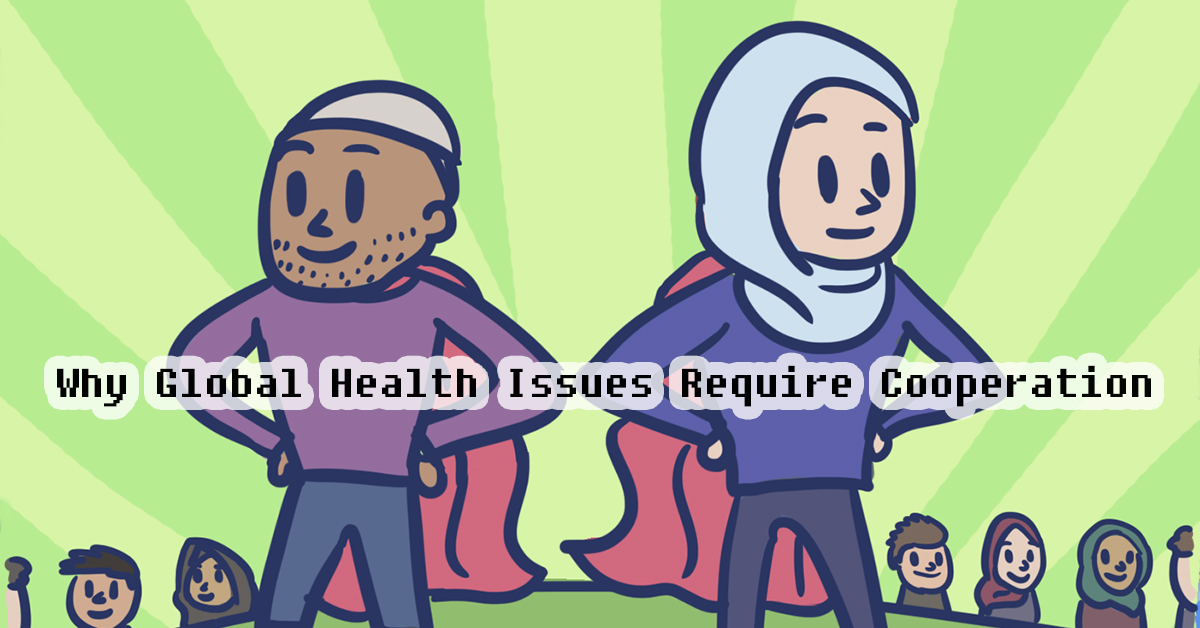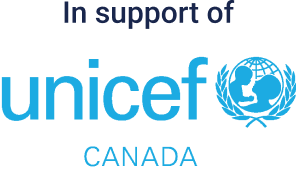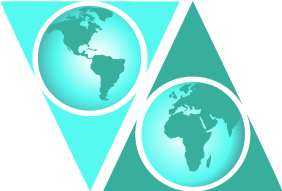Why Global Health Issues Require Cooperation

Think about when you were sick or injured and someone took care of you at home, or maybe you saw a doctor or took some medicine. If it was really serious, you might have gone to a hospital.
Think about how many people were involved to help you recover. If you went to a clinic or the hospital, you may only think of the doctors, nurses and other health care workers. Did you know that there are many other people that make the healthcare system work? From the receptionist that makes appointments, to the janitor that keeps the clinic clean, it takes a lot of people to run a clinic or hospital. Have you ever taken antibiotics that your doctor prescribed for you? That medicine you took was made by someone and then delivered by a driver to your pharmacy. But don’t forget that you play an important role in getting better by resting, drinking lots of fluids and making healthy food choices.
Have you ever thought about how clean water, access to the right foods and the space and time to exercise helps keep you healthy? What about doctors and scientists researching new medicines to cure diseases? Or safety laws such as wearing seatbelts when you’re in a car? There are so many people involved to keep you healthy, even when you’re not sick or injured!
This is why solutions to health issues require a lot of people. Governments, non-government organizations (NGOs), international groups, and even students like yourself need to come together to make the world a healthier place. We share the world together. To keep everyone healthy, we all need to work together. Diseases don’t have boundaries or care where you live - so keeping yourself healthy is part of fighting global health issues!
In order to facilitate this world-wide goal of international health cooperation, the United Nations formed the World Health Organization in 1948.
The World Health Organization (WHO)

The World Health Organization (WHO) currently has around 200 countries as members. They are the international authority on world health issues.
Canada is a member of the WHO, because we recognize that health issues do not have boundaries. Think back to the previous lesson, and the maps with all the different health issues. Malaria is not just one country’s problem. Neither is diabetes.
Issues such as air pollution, contagious diseases, and climate change don’t stop at our borders. If one country pollutes the air, it affects everyone. If one person is extremely sick with an infectious disease, it can easily spread to other people and pretty soon it can travel across the world.
To help with the goal of international health cooperation, the WHO does many things. This includes:
- Promoting healthcare access for everyone
- Establishing international health regulations and rules
- Increasing access to life-saving medicine
- Coordinating responses to international health issues and emergencies
- Gathering and sharing data from all around the world
Ten Threats to Global Health
In 2019, the WHO released a document listing 10 of the most dangerous global health issues. These are the issues that require immediate attention, and pose the most significant health threats to the world:
- Air pollution and climate change
- Non-communicable disease (such as cancer and heart disease)
- Global influenza (flu) pandemic
- Fragile and vulnerable settings (such as war)
- Antimicrobial resistance (take the antibiotics lessons on this site to learn more)
- Ebola and other high-threat pathogens (extremely dangerous diseases)
- Weak primary health care (such as not being able to see a doctor)
- Vaccine hesitancy (not getting vaccinated)
- Dengue (a viral infection spread by mosquitoes)
- HIV
 Out of the top ten threats, choose one that you would like to learn more about. Your goal is to think of ways that you could help fight that global health threat. As you gather more information about your chosen global health issue, try to complete the following sentences to help you focus your investigation:
Out of the top ten threats, choose one that you would like to learn more about. Your goal is to think of ways that you could help fight that global health threat. As you gather more information about your chosen global health issue, try to complete the following sentences to help you focus your investigation:
- I know this is a good information source because…
- I noticed a pattern involving …. and ….
- Another place to look for more information might be…
- Some keywords that help me find the information I need are …
- I can see the effects of this global health threat in my school/family/city/country when…
- I can categorize the information I’ve gathered by…
- Some of the causes of this global health threat include…
- Here are some countries that are affected by this global health threat. They all have ... in common




